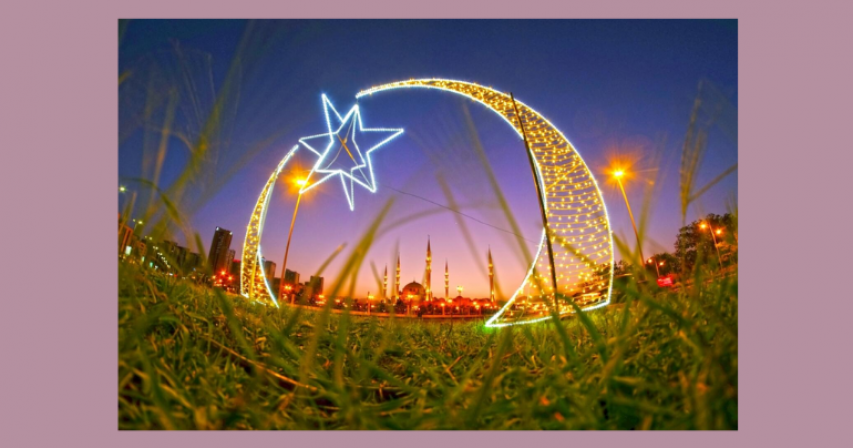Break of 6 or 9 days? UAE’s Eid Al Fitr holiday explained

As the Islamic festival of Eid Al Fitr approaches, anticipation builds among UAE residents for the extended holiday period. With the announcement from the UAE Cabinet regarding the holiday schedule, there has been much discussion about the duration of the break and its correlation with the sighting of the Moon. This article aims to provide clarity on the duration of the Eid Al Fitr holiday and how it varies for employees in the public and private sectors.
The UAE Cabinet's announcement has outlined a week-long holiday for federal government employees, starting from Monday, April 8. When combined with the regular Saturday-Sunday weekend, this results in a nine-day break for government workers, extending from Saturday, April 6, to Sunday, April 14. However, for private sector employees, the duration of the holiday is subject to the sighting of the Moon and the duration of Ramadan.
Eid Al Fitr is celebrated on the first day of Shawwal, the month following Ramadan. Since Ramadan can last either 29 or 30 days based on the sighting of the crescent Moon, the date of Eid Al Fitr varies accordingly. If Ramadan lasts for 30 days, Eid falls on April 10; if it lasts for 29 days, Eid is on April 9.
The holiday period for private sector employees begins from Ramadan 29, which falls on Monday, April 8, regardless of when the Moon is sighted. If Ramadan extends for 30 days, private sector employees will enjoy a nine-day break from Monday, April 8, to Friday, April 12, with the additional weekend days. However, if Ramadan concludes after 29 days, the break will be shorter, spanning from Monday, April 8, to Thursday, April 11, resulting in a six-day holiday when including the weekend.
This variation in holiday duration based on the duration of Ramadan has led to questions about whether Muslims will be fasting during the break. If Ramadan lasts for 30 days, fasting will continue during the first two days of the holiday. Conversely, if Ramadan lasts for 29 days, fasting will be observed only on the first day of the holiday.
Overall, the announcement of the Eid Al Fitr holiday schedule underscores the significance of lunar observations in determining Islamic festivities and highlights the importance of accommodating diverse religious practices within the UAE's multicultural society. As residents prepare to celebrate Eid Al Fitr, they can now plan their activities and travel arrangements accordingly, mindful of the potential variations in the holiday duration based on the sighting of the Moon.
By: Sahiba Suri





Comments